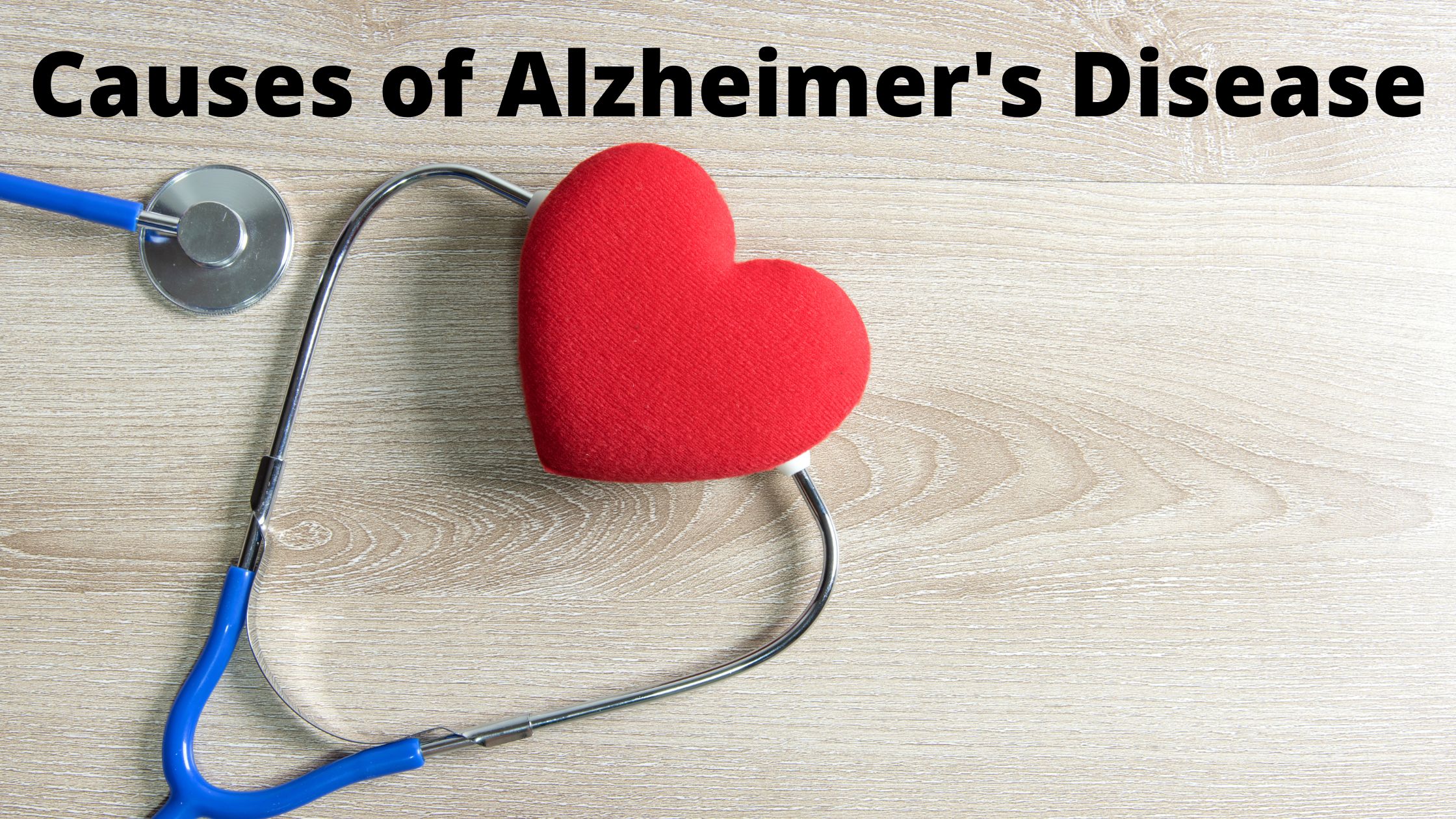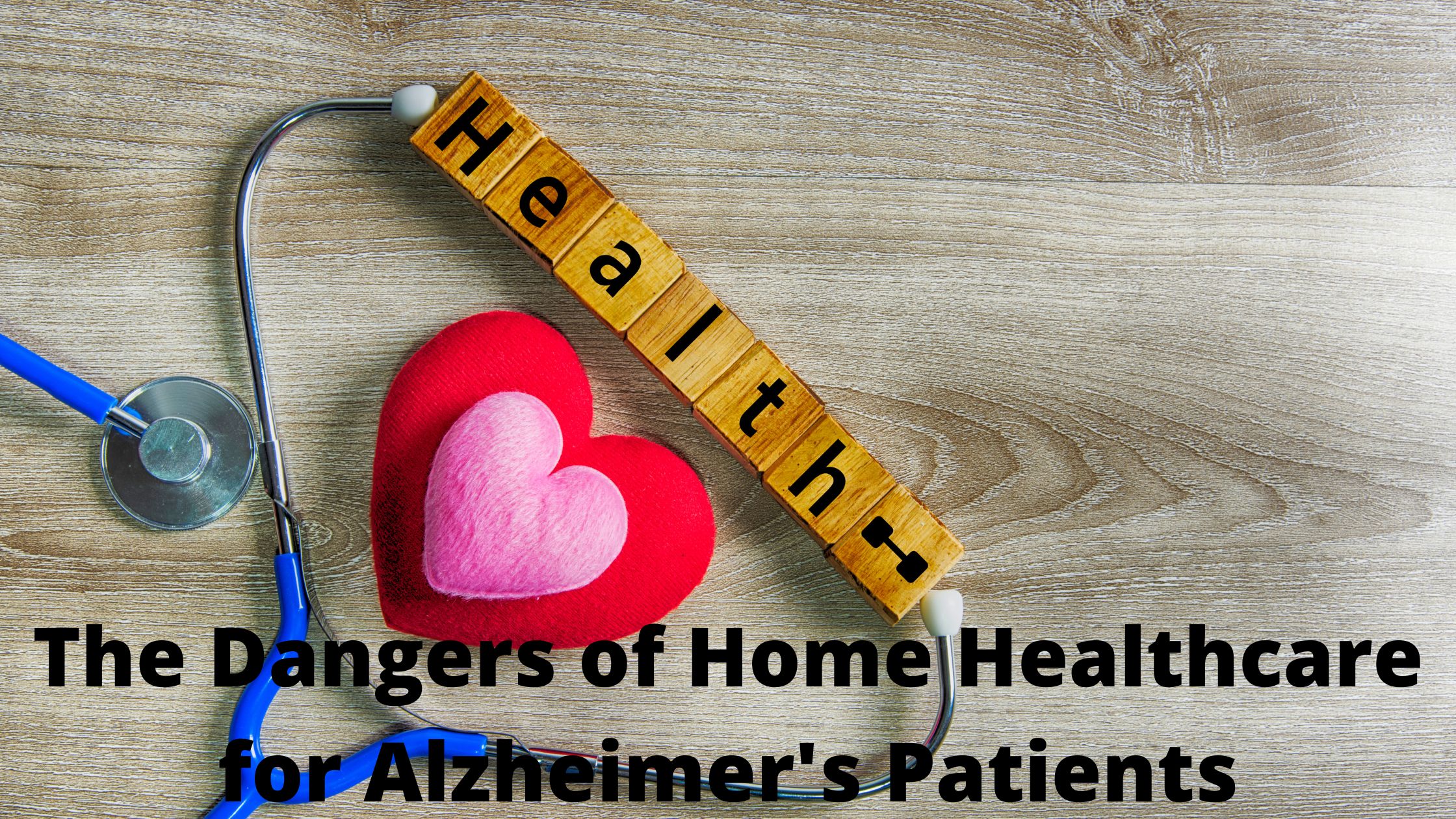Alzheimer’s is a debilitating and progressive disease that affects the brain and memory. There is no known cure for Alzheimer’s, but there are treatments available to help patients live longer and with as much independence as possible. In this article, we’ll discuss the importance of home healthcare for Alzheimer’s patients, outline the different types of care that can be provided in a home setting, and explore some of the reasons why it is important for families to have a plan in place for their loved ones who are affected by Alzheimer’s.
What is Alzheimer’s Disease?
Alzheimer’s disease is a serious, progressive brain disorder that affects memory, thinking, and behavior. It is the most common form of dementia, a group of diseases that damage the brain. Alzheimer’s disease is caused by the buildup of amyloid beta (Aβ) and tau proteins in the brain. Aβ is a protein fragment that forms plaques and tangles in the brain. Tau proteins are also found in the brain and can accumulate over time. Alzheimer’s disease is diagnosed when symptoms such as memory problems, confusion, and change in mood show up after years of milder signs. As Alzheimer’s disease advances, it can cause serious physical problems such as loss of mobility, seizures, and falls.
Home Healthcare for Alzheimer’s Patients
Most people with Alzheimer’s disease live at home for years or even decades before they need institutional care. For many people who have early-stage Alzheimer’s disease or milder forms of the disorder, home healthcare can provide essential support services that can help prevent or delay institutionalization.
Home healthcare for people with Alzheimer’s disease typically includes:
• Assistance with activities of daily living (ADLs), such as bathing, dressing, and grooming
• Assistance with meals
Types of Alzheimer’s Disease
Alzheimer’s disease is a debilitating and progressive brain disorder that leads to memory loss, cognitive decline, and behavioral changes. While there is no known cure for Alzheimer’s disease, there are many treatments available that help improve the quality of life for patients.
One of the most important aspects of care for Alzheimer’s patients is their home environment. The surrounding environment can have a positive or negative effect on a patient’s overall health and well-being. Home healthcare aides can help make sure that the patient’s environment is comfortable and conducive to their needs. This includes making sure that the bedding, furniture, and lighting are appropriate, providing assistance with bathing and toileting, and providing companionship.
Home healthcare aides can also help manage basic tasks such as grocery shopping and cooking. By providing these services in a comfortable and familiar setting, caregivers can help improve both the patient’s mood and their ability to live independently. In some cases, home healthcare aides may be the only support a patient receives during their long journey with Alzheimer’s disease.
Symptoms of Alzheimer’s Disease
The hallmark of Alzheimer’s disease is the accumulation of plaques and tangles in the brain, which can lead to memory loss, confusion, and difficulty thinking. While there is no cure for Alzheimer’s disease, there are treatments that can help manage the symptoms.
One of the most important tools in managing Alzheimer’s disease symptoms is home healthcare. Home healthcare can provide patients with 24-hour support and assistance with daily activities such as bathing, dressing, eating, and toileting. This support can help reduce caregiver stress and help maintain independence for Alzheimer’s patients.
Alzheimer’s care is a balancing act. Patients need caregivers who are able to provide emotional support while also providing assistance with daily tasks. Home healthcare provides a safe, stable environment in which caregivers can provide assistance without having to leave their patient’s side.
Alzheimer’s Care and Why Home Healthcare Is Important for Alzheimer’s Patients
Causes of Alzheimer’s Disease
Alzheimer’s disease is a progressive neurodegenerative disorder that affects memory, thinking, and behavior. While there is no known cure for Alzheimer’s, there are treatments available to help manage the symptoms.
One of the most common causes of Alzheimer’s disease is vascular dementia, which is caused by damage to the blood vessels in the brain. The most common type of vascular dementia is stroke-related dementia, which is caused by a stroke or other injury to the brain. Alzheimer’s disease can also be caused by mutations in genes that play a role in memory and thinking.
There is no one cause of Alzheimer’s disease, but there are many ways to reduce your risk. If you’re older than 65 years old and have a family history of Alzheimer’s or another form of dementia, talk to your doctor about your risk factors and how you can reduce them. You can also try some lifestyle changes, such as maintaining a healthy weight and getting regular exercise.
If you’re concerned about your loved one’s risk for Alzheimer’s disease, consider visiting a home health care provider. Home healthcare provides personal care and support for those who cannot live at home full time. This type of care can help keep your loved one safe and comfortable while they
The Dangers of Home Healthcare for Alzheimer’s Patients
There are a few dangers associated with home healthcare for Alzheimer’s patients. The first is that those caring for them may not be properly trained in dementia care. This can lead to the wrong diagnosis or treatments being given, which can further damage a person’s memory and cognitive abilities. Additionally, Alzheimer’s patients may not be able to communicate well enough to let their caregivers know if they need help, which could lead to them suffering in silence. Lastly, there is the risk of neglecting or mistreating an Alzheimer’s patient in their own home. If a loved one is living with Alzheimer’s, it is important that they have appropriate care and supervision so they do not fall victim to abuse or neglect.
Conclusion
Alzheimer’s disease is one of the most common types of dementia, and it is predicted that by 2025, there will be over 8 million Americans living with Alzheimer’s. In order to provide quality care for these patients at home, a team of specialists must be assembled including nurses, social workers, therapists and caregivers. These professionals are essential in providing round-the-clock support for those with Alzheimer’s and ensuring that their needs are met.

